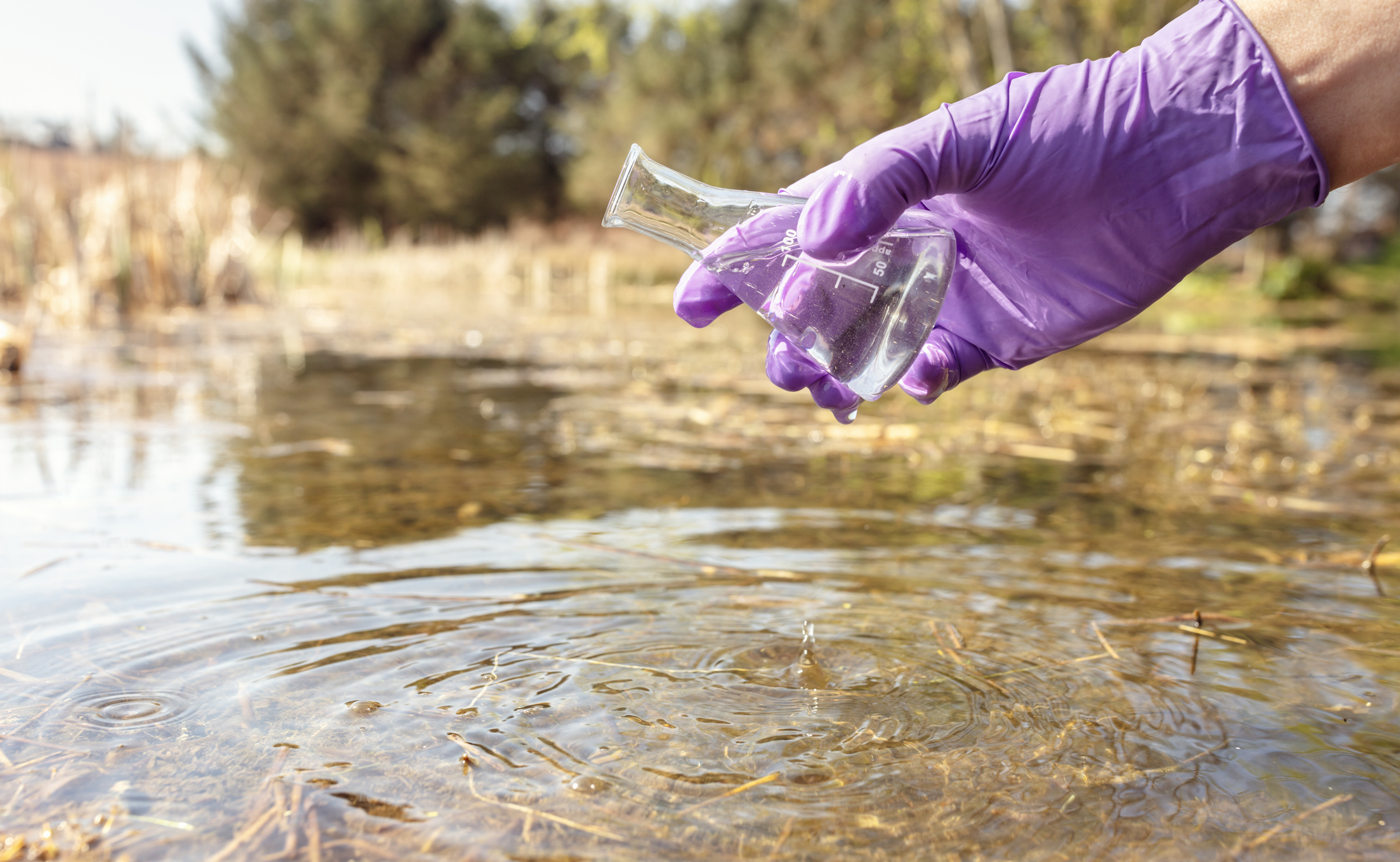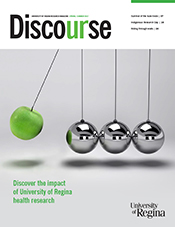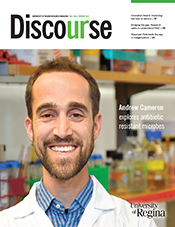Winter on the U of R campus. (Photo by U of R Photography)

The Honourable Mark Holland, Minister of Health, recently announced the 2024 cohort of Applied Public Health Chairs, backed by a $13.8 million investment from the Canadian Institutes of Health Research and the Public Health Agency of Canada.
The Applied Pubic Health Chairs are tasked with leading high-quality research initiatives to address pressing public health challenges, collaborating with decision-makers across diverse sectors and communities, and championing evidence-based strategies to enhance health and health equity.
Among the new Chairs is Dr. JoLee Sasakamoose, education professor and Chair in Educational Psychology and Counseling at the University of Regina. Her new designation as an Applied Public Health Chair focuses on promoting Indigenous wellness and health equity through health research.
Sasakamoose says she is committed to collaboratively working with First Nations and Métis community partners to develop culturally sensitive, comprehensive, and holistic care approaches and models. These efforts aim to mitigate health disparities and foster Indigenous wellness.
“In the upcoming five years, my collaborations with partner communities will lay the groundwork for holistic care models and address crucial inquiries into Indigenous health and wellness priorities," says Sasakamoose. "I am unwavering in my commitment to combating the health inequalities experienced by First Nations, Métis, and Indigenous Canadians. By focusing on prevention, early detection, and removing barriers, we can significantly impact health and wellness outcomes."
She says she is determined to engage with key decision-makers to shape a health-care landscape characterized by equity and justice.
“In this role, our team will be using data to identify and address Indigenous-identified health priorities to confront disparities within communities. The more than $1.1 million in funding we received from the Public Health Agency of Canada will enable us to conduct vital research and implement evidence-based solutions," says Sasakamoose.

Sasakamoose identifies her focus on enhancing Indigenous health, healing, and wellness to reduce health inequities, promote self-determination, and strengthen capacity building.
“Working with Indigenous partners by integrating research with community-driven initiatives, we to embed cultural safety and responsiveness in health care and educational systems empowering Indigenous communities to reclaim control over their well-being,” says Sasakamoose, a member of M’Chigeeng First Nation and an active citizen of Ahtahkakoop Cree Nation.
At the forefront of Indigenous wellness initiatives, Sasakamoose leads the Indigenous Wellness Research Community Network and directs the Nanawihowikamik Healing Lodge and Wellness Clinic. As an experienced First Nations researcher, she articulated the Cultural Responsiveness Framework developed by 74 First Nations communities in SK into a theoretical model focused on restoring Indigenous health systems and transformation service delivery. Her ongoing projects include establishing the Indigenous Health Innovation Hub and spearheading the Roots to Wellness Research Collaborative, which prioritizes nurturing healing and resilience within Indigenous families.
“Central to my research agenda is the elevation of Indigenous knowledge, perspectives, and lived experiences, guiding inquiries into the priorities and challenges faced by those most affected by health inequities,” says Sasakamoose.

















